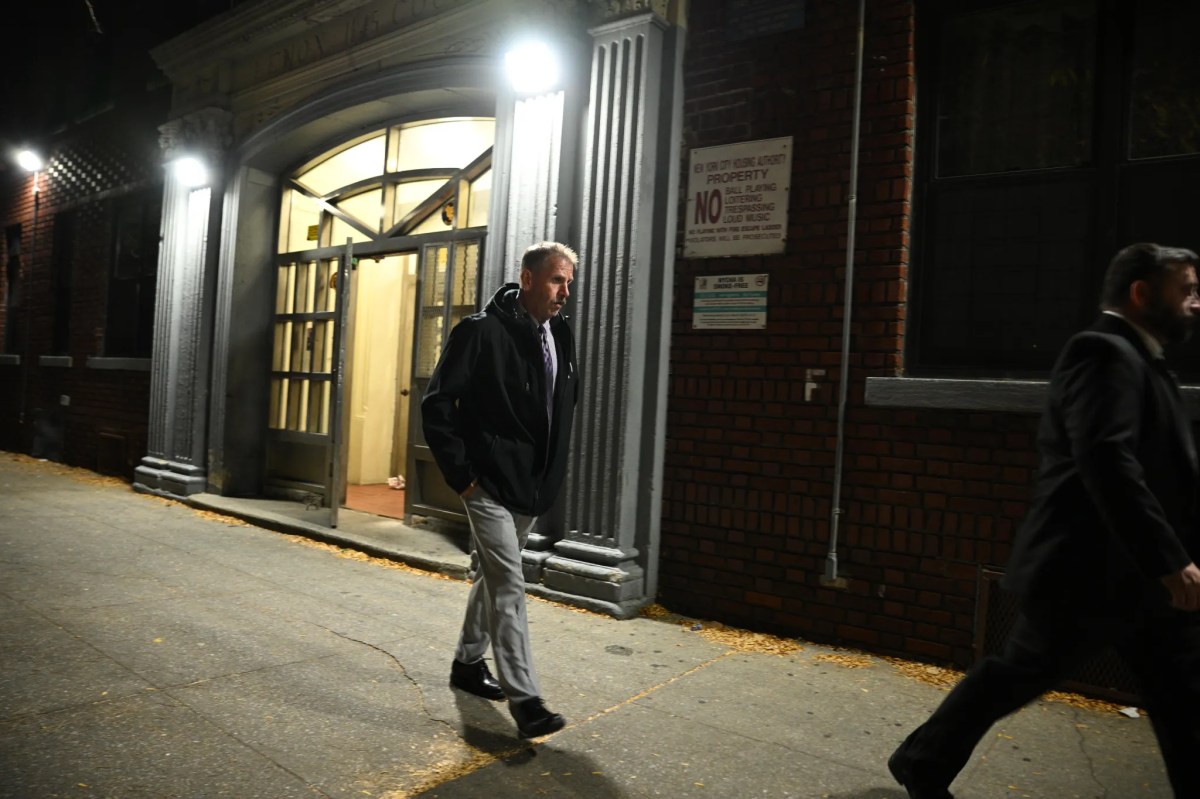Everyone is getting sick, but the good news is that it’s probably not the flu — yet.
Although flu season officially began in August, the peak doesn’t arrive until late December. But doctors recommend getting a flu shot by the beginning of October, because that’s how you enjoy Christmas morning instead of being miserable from nausea and aches. “It takes some time to build an immune response,” explains Dr. Jasper Schmidt, who works with the on-demand healthcare app Pager, which brings medical services like flu shots to you. “You want to do it before it’s too late, before the flu’s already torn through a city, but not so early that the effect of the vaccine is wearing off.” RELATED: Can you get the flu even after you get the flu shot? Unlike other vaccines, the flu shot remains an annual ritual because of the incredible adaptability of the virus to mutate and even incorporate the DNA of other viruses into itself. It migrates up from the Southern Hemisphere then back again, always peaking during cold weather season. The flu shot is developed by tracking which strains of the virus emerge in each region to guide which strains are included in that year’s vaccines. You may remember that last year, their predictions didn’t pan out: The vaccine was estimated by the Centers for Disease Control to be only 23 percent effective. Since data on effectiveness began to be tracked in 2004, the success rate has been anywhere from 10-60 percent. Even if the shot doesn’t protect you directly from that year’s strain, each time you get one, it helps “teach” your body what to look for.
“Getting yearly flu vaccines over time may even prepare you for a wider variety of flu strains in the future,” he explains.
It’s recommended that everyone over the age of six months get a flu shot. And no, it won’t make you sick: The virus in the vaccine is dead. Any symptoms you develop after getting the shot is just your body mounting a similar immune response as it would to a live virus, but infinitely less severe than the real thing, according to Schmidt. RELATED: How not to get sick while watching 3D movies “All vaccines do the same thing: They trigger an inflammatory response — it’s your body making a lot of white blood cells,” which release the chemicals that give you fever and body aches, he explains. “Your body thinks it’s being attacked, but there is no infection.” Getting vaccinated early means a less intense flu season for everyone, including protecting those who can’t get a flu shot because they’re too young or their immune systems are too weak.
Besides this annual ritual, the most important piece of advice to avoid getting sick is still to be diligent about proper hand-washing. And there’s one more way you can keep from becoming a statistic. “I’m a big believer in adequate sleep cycles,” Schmidt says, “because your hormone cycles that control your immune system are regulated by sleeping.”
Why you need to get a flu shot — now

Pager
























